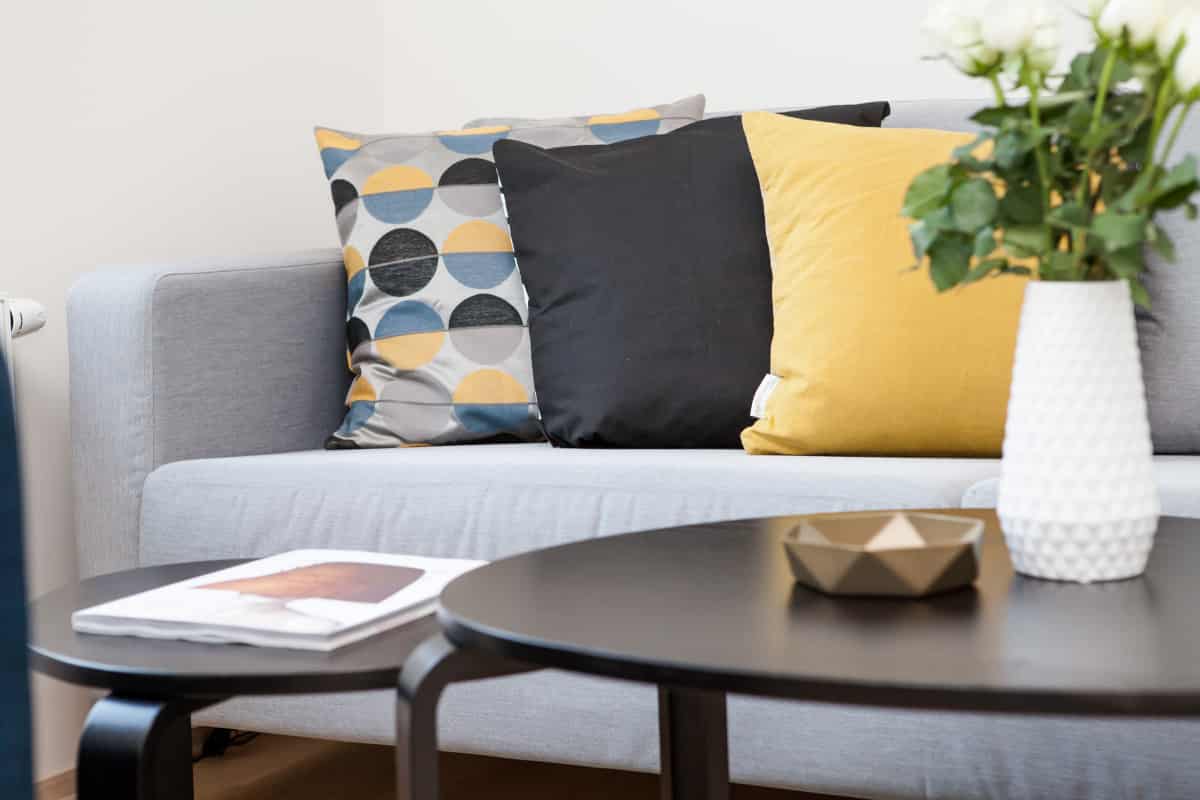Shantelle is a Legal Tech Intern at Lawpath, working as part of the Content Team. She is currently in her final year of a Bachelor of Laws and a Bachelor of Business at the University of Technology Sydney. She is interested in emerging technologies and privacy.
Starting your own homewares business can be a great opportunity to express your creativity. Whether it’s making your own products or curating a unique collection, there is space within the homewares industry for your business to flourish. This article provides four general points to consider when creating your own homewares business.
1. The Product
First things first, will you be creating your own products or curating a collection? This will determine what relationships you will need to build.
(A) Own product Line
If you are creating your own product line, think about what materials you will need to source. Similarly, how much can you source from the one supplier and how long would it take to deliver. Moreover, consider whether you will be making these pieces by hand or whether you will require a manufacturer.
(B) Curating a Collection
If you are curating a collection, think about who would be your suppliers. Do you intend on sourcing locally or overseas? Are you looking for a permanent collection, a limited edition collection, or a mixture of both?
Concurrently, consider whether you want to be a one-stop-shop or have a specialty. You may find it easier to establish a brand when you are known for something in particular.
2. The Customer
When creating your business, it’s beneficial to have a clear idea of who your target market is. This will shape the products you stock, where your business operates, and the price point.
It may be beneficial for you to conduct some market research early on to get a better understanding of the market.
3. The Store
Now comes the decision about how you will reach your customers. You can create a physical store, an online store or both.
(A) Physical Store
A physical store allows customers to come in and actually see and feel the products. You would be able to mock up different living spaces to help customers visualise the pieces in their own homes.
You’ll want to find a location that caters to your target market, is accessible, and fits within your budget. Don’t forget the costs associated with fitting out the store, utility expenses, and hiring employees.
(B) Online Store
Alternatively, an online store eliminates a lot of the big-ticket expenses. In its place, you’ll need to focus on creating an immersive online experience.
The website should be user friendly and provide customers with all the information they need, without needing to hold the product in their hands. For example, the dimensions, materials, and care instructions should be specified for each product. Moreover, it may be beneficial to include features such as a virtual showroom or online style assistant.
4. The Business
On the back end, you’ll need to register for an Australian Business Number (ABN). An ABN is a number that identifies your business to the government and community. It is needed for applying for a business name, claiming tax credits, and invoicing purposes.

Start your ABN application in minutes!
Need an Australian Business Number to start a casual job? We've got you covered.
You’ll also be required to pick a business structure that works for you and the nature of your business. The three most common types of business structures are:
- Sole trader – legally responsible for all aspects of the business and holds all of the business’ profits and assets
- Company – separate legal entity and the company’s shareholders (the owners) have limited personal liability
- Partnership – made up of 2 or more people who go into business together
The business structure will determine what licenses you require, how much tax you pay, how much control you have over the business, etc.
Conclusion
Starting your own business can be a whirlwind of excitement, growth, and a pinch of exhaustion. However, there is no need to panic. By taking the time to plan and research, your homewares business can be up and running in no time. If you have any questions or are seeking more tailored advice, please get in touch with one of our business lawyers.

Get a fixed-fee quote from Australia's largest lawyer marketplace.






